Falconry – An Amazing Arab Heritage and an Ancient Tradition!
When we speak of the Arab world’s history, there has to be a mention of “Falconry’, which is an integral part of their civilization and tradition. A popular sport among the Arab ancestors, Falconry was passed down to subsequent generations. Not only the Arabs are the first one to practice the sport, but UAE happens to be the first country where they established hospitals for Falcons (1983) and even issued passports to them.
The Arabs for its beauty, sharpness, posture and grandeur admire falcon, also known as ‘Saqr’ in Arab dialect.
The Abu Dhabi Falcon Hospital, which is close to the International Airport is the world’s largest Falcon Hospital. Not only the hospital boasts of world’s most advanced facility but also a Falcon display museum and free-flying Falcon facility as its highlight.
As amazing as ‘Falconry’ seems, it is an incredible fact that the sport is more than 2,000-year-old. The sport is all about establishing patience and good communication between the Bird and the Falconer or the Bird’s trainer. Initially, the Falconer has to gain the Falcon’s trust and obedience, an art that Emiratis have mastered over the years.
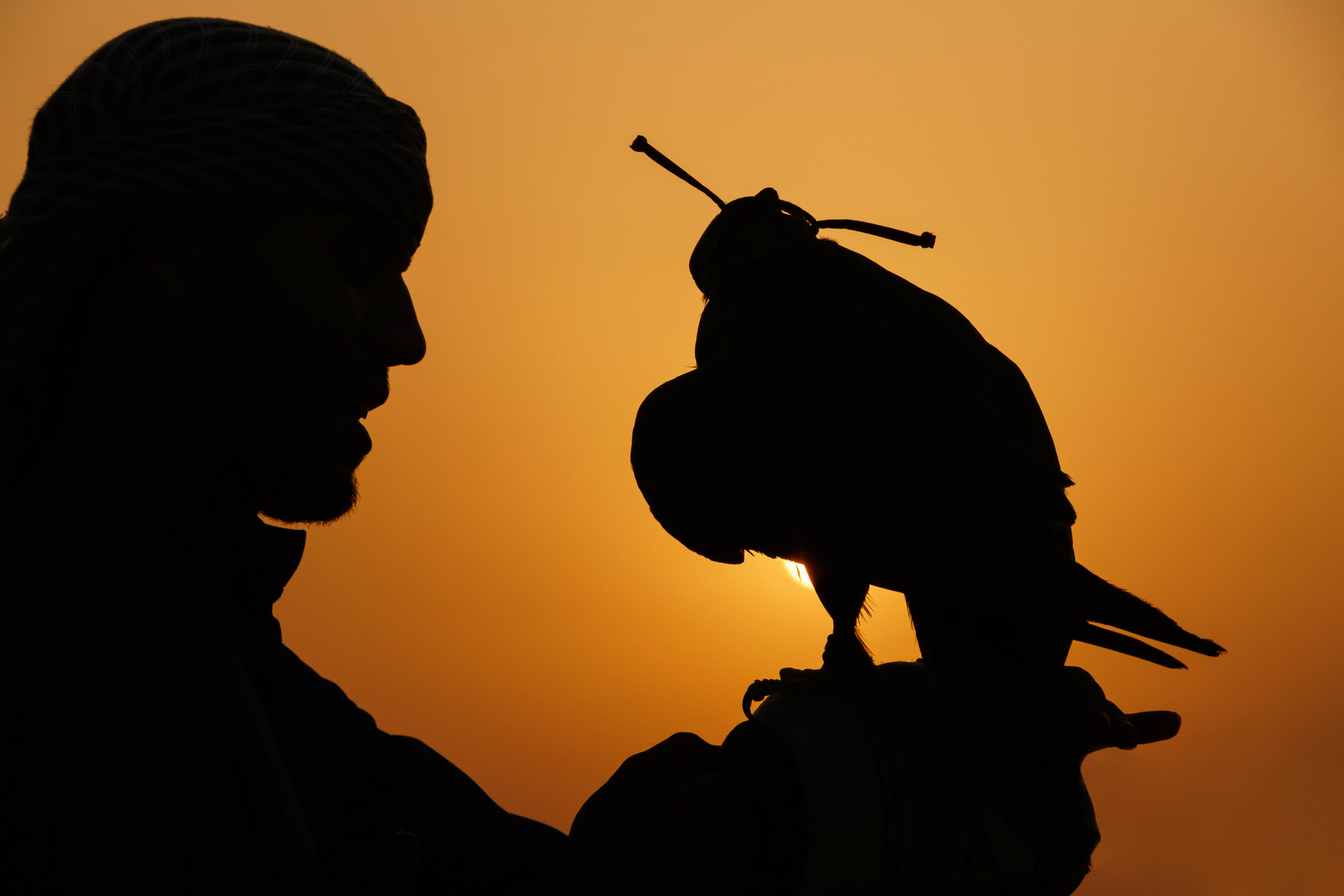
For the Arabs, Falcons have been a matter of pride and passion, which over the years they have categorized on the basis of size, type, strength, intelligence and speed. Falcons not only are a part of the popular sport but have helped shape several popular pieces of literature, especially Arab poetries.
Falconry and UAE’s story started with the wise leadership’s keen interest, who did a lot of things to keep the late Sheikh Zayed bin Sultan Al Nahyan’s legacy alive. Late Sheikh Zayed believed ‘Falconry’ to be a unique and important sport that teaches vital values of strength, patience and tackling competition through intellect, all of which reflect the inherent abilities of the ‘people of the desert’ who tame Falcons.
UAE’s founding father the late Sheikh Zayed bin Sultan Al Nahyan (May Allah Rest His Soul) in his book ‘Falconry as a Sport: Our Arab Heritage’ has described some interesting techniques of catching birds. One such technique is in which the hunter digs a hole in the ground with a pigeon as bait, and hides behind the trees. The bait is tied using a thread which allows the hunter to control the moments. As the Falcon attacks its prey (the bait), the hunter pulls the thread gently till he is able to grab the Falcon. Another method sees the use of net instead of thread to catch the Falcon. Once the hunter catches a Falcon, the bird is handed over to the Falconer to train it.
Falconry a.k.a ‘Al Qanas’ was one of the favourite pastime activity of Sheikh Zayed.
National Avian Research Centre, part of the Sheikh Zayed Falcon Release project reintegrates these birds into their natural habitat, so as to study their migration pattern. The movements of the birds are documented and monitored with the help of a mini transmitter. In order to maintain a healthy Falcon population, the experts ensure that only the healthy birds are released into the wild.
Such has been the Emirati love for Falcons that UAE adopted multiple initiatives to protect Falcons as well as certain endangered wild birds. One such program is ‘Sheikh Zayed Falcon Release Programme’, which deals with restoring the natural habitat for Falcons to reproduce and protect the sport in general. Moreover, there are projects in Al Ain as well that promote the protection of wild Falcons and eliminate risks such as ‘hunting’ that endanger their lives. Falconry in the UAE and other Gulf Nation starts in the Autumn between the month of October and March when Falcons migrate to their breeding places.
Saqr (Falco Cherruq) and Peregrine (Falco Peregrinus) are two of the prevalent species used for hunting in the UAE, the former being the most preferred one due to its increased adaptability to the deserts. Hunters prefer female Saqr (Al-Hurr) over the male (Garmoush) as its more powerful and bigger in size. The Falcon trainers are also known as ‘Saqqar’ and they have to be very patient in order to tame and train a Falcon, which is a predator in its own right. The difficulty of this art and its mysterious nature makes it a fascinating hobby for the Arabs.
The round wooden block on the trainer’s hand on which the Falcon sits is called ‘Al Wakr’ and the cylindrical cover that protects from the sharp talons is called ‘Manqalah’. The leather cap on Falcon’s head that covers its eyes is called ‘Al Burgu’, which helps the Falcon adjust its sharp visual acuity as per the changing environment. During most of the taming process their eyes are covered and gradually the trainer uncovers them by exposing them to the surrounding environment. The trainer lures the Falcon using the prey kept hidden in his canvas bag, known as ‘Al Mukhlat’. The process of luring the Falcon is called ‘Milwah’ or ‘Tilwah’.
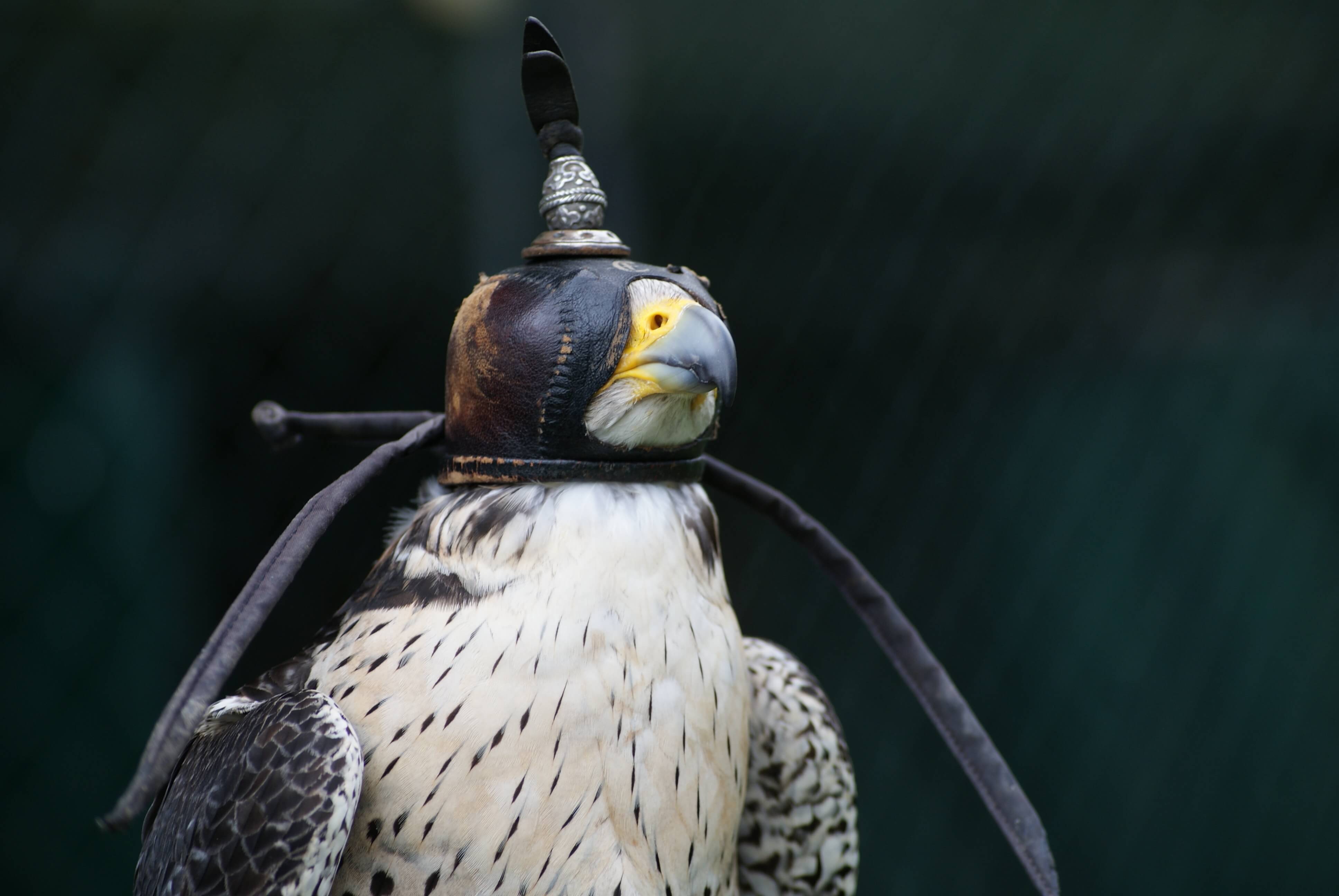
The perching place of the Falcon is known as ‘Wakir’, which is a long upright stand generally made of wood, which has a flat surface, comfortable enough for the Falcon’s claws to rest. Sheikh Zayed is considered to be an expert when it comes to Falcons and his knowledge has been very well documented in his book ‘Hunting with Falcons’ published in 1976.
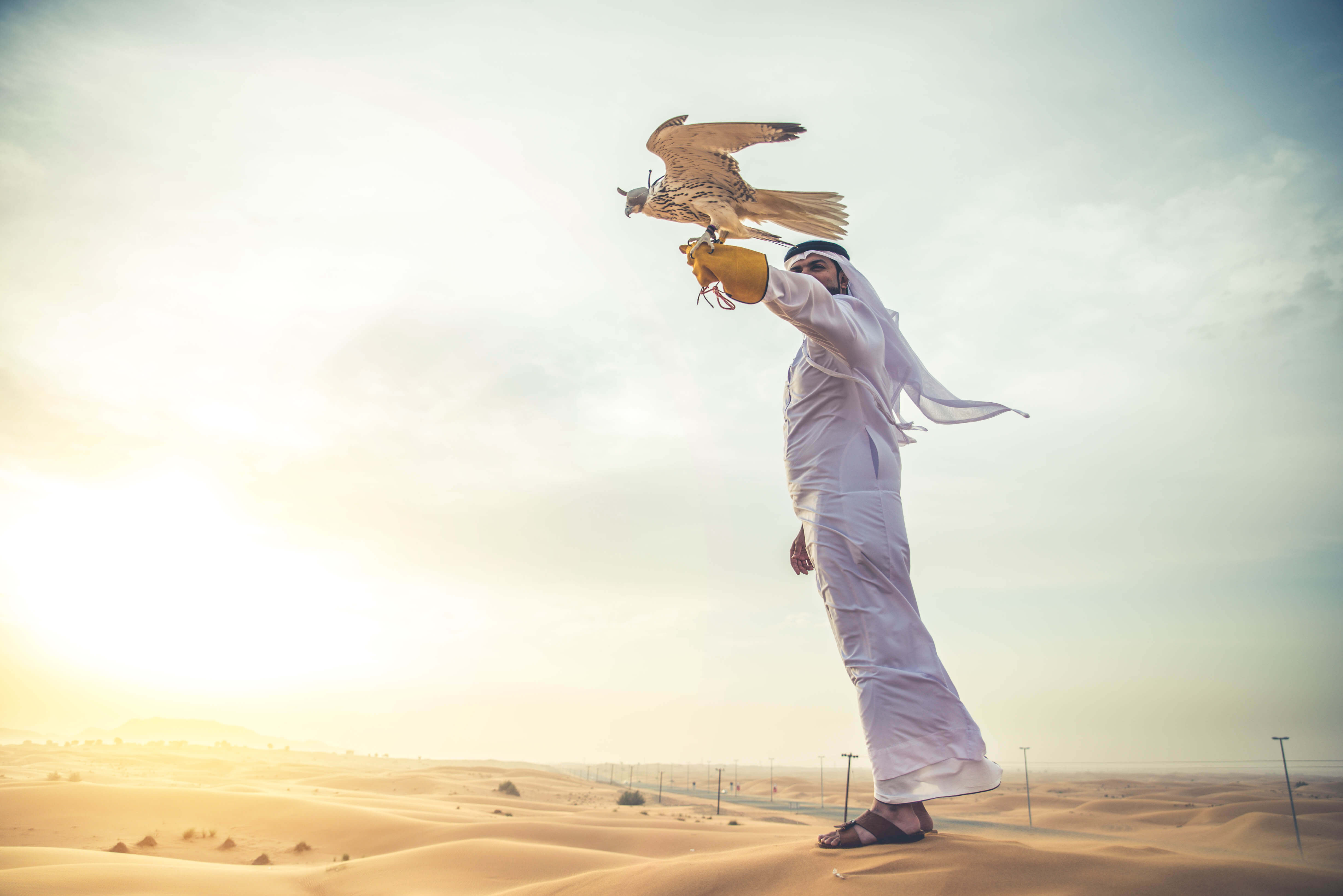









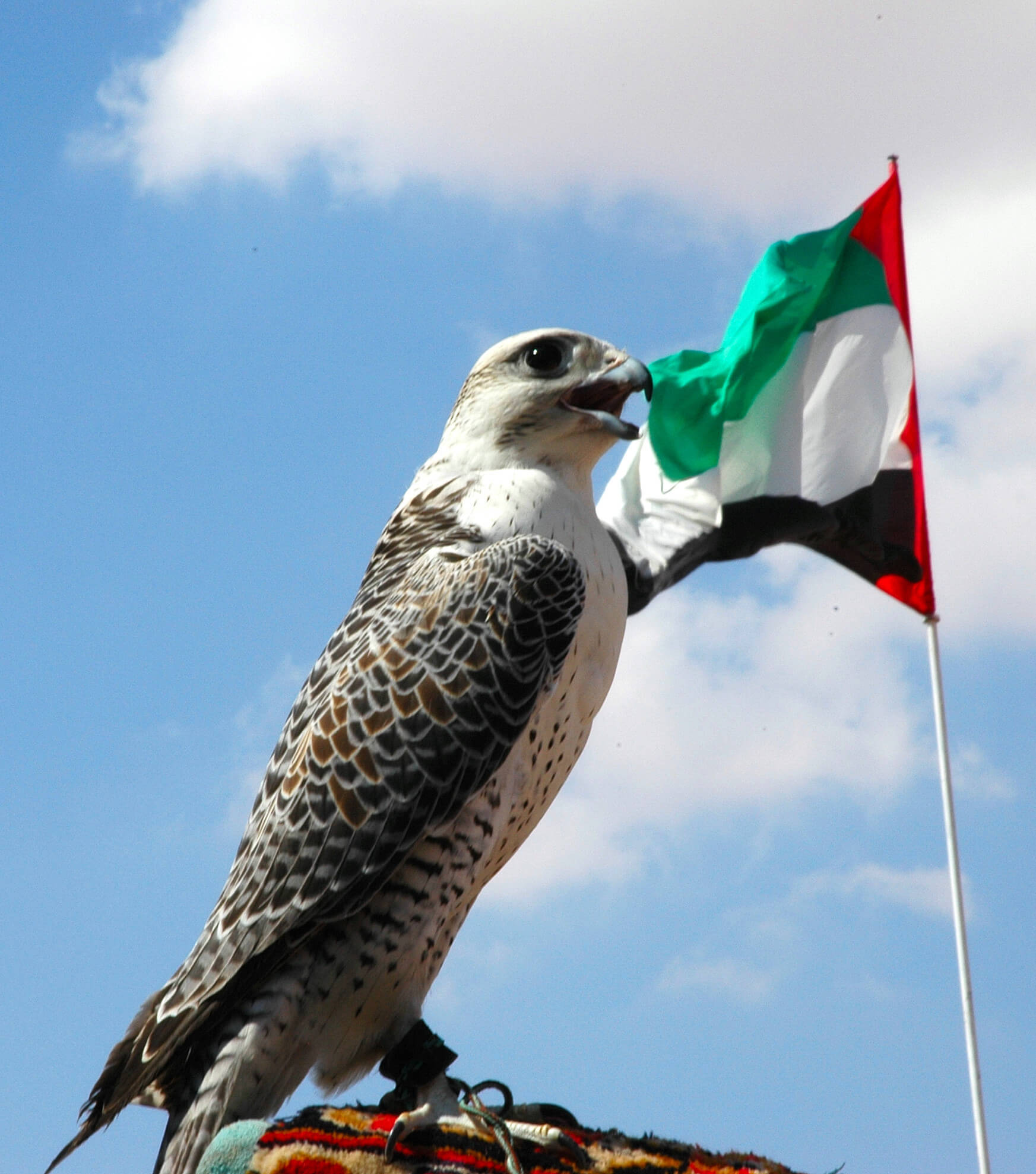






 P.O Box :
P.O Box : 
 2023 UNION COOP. All Rights Reserved
2023 UNION COOP. All Rights Reserved


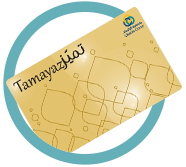
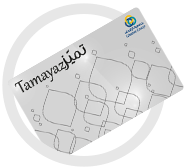
Leave Comment